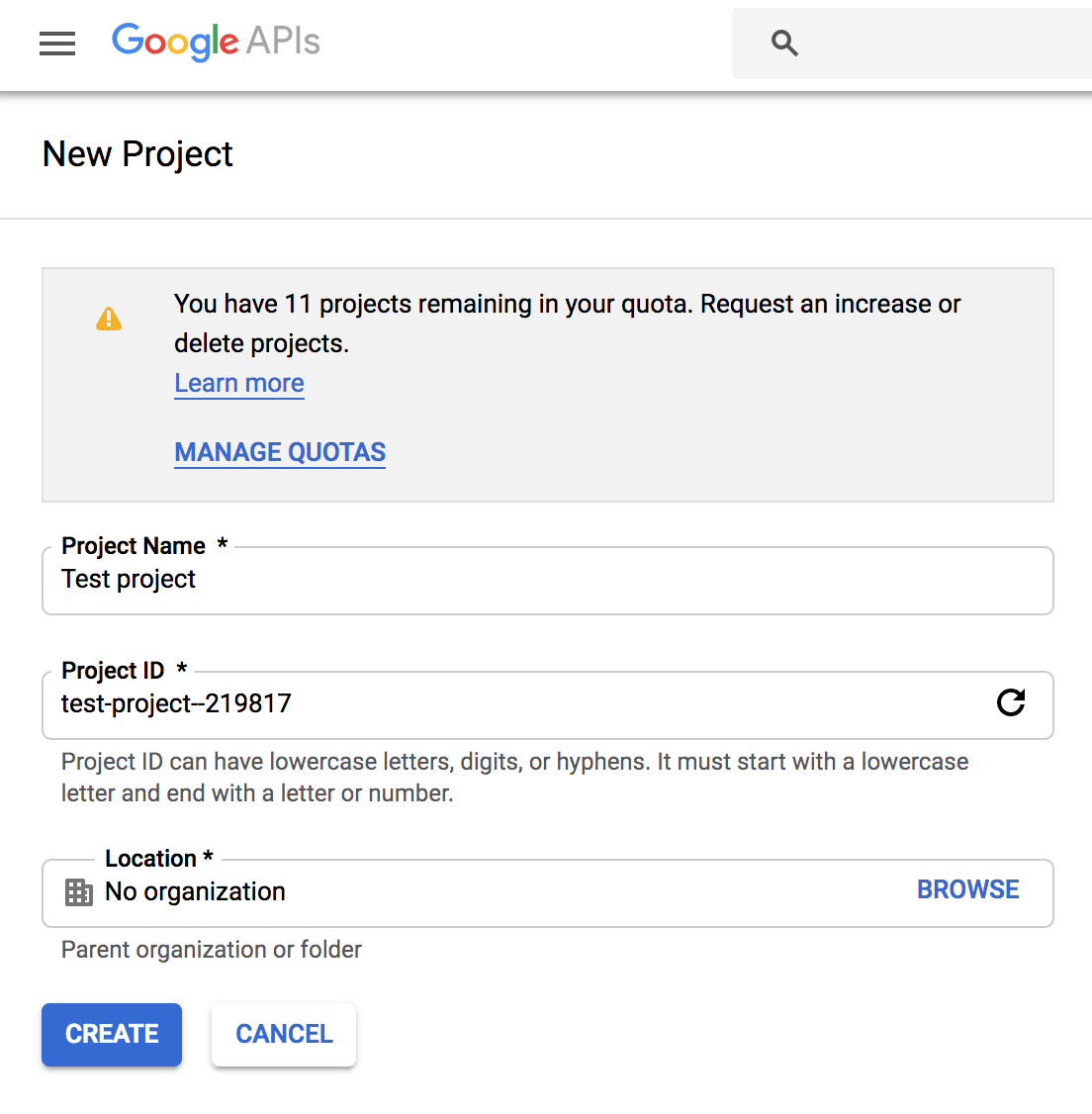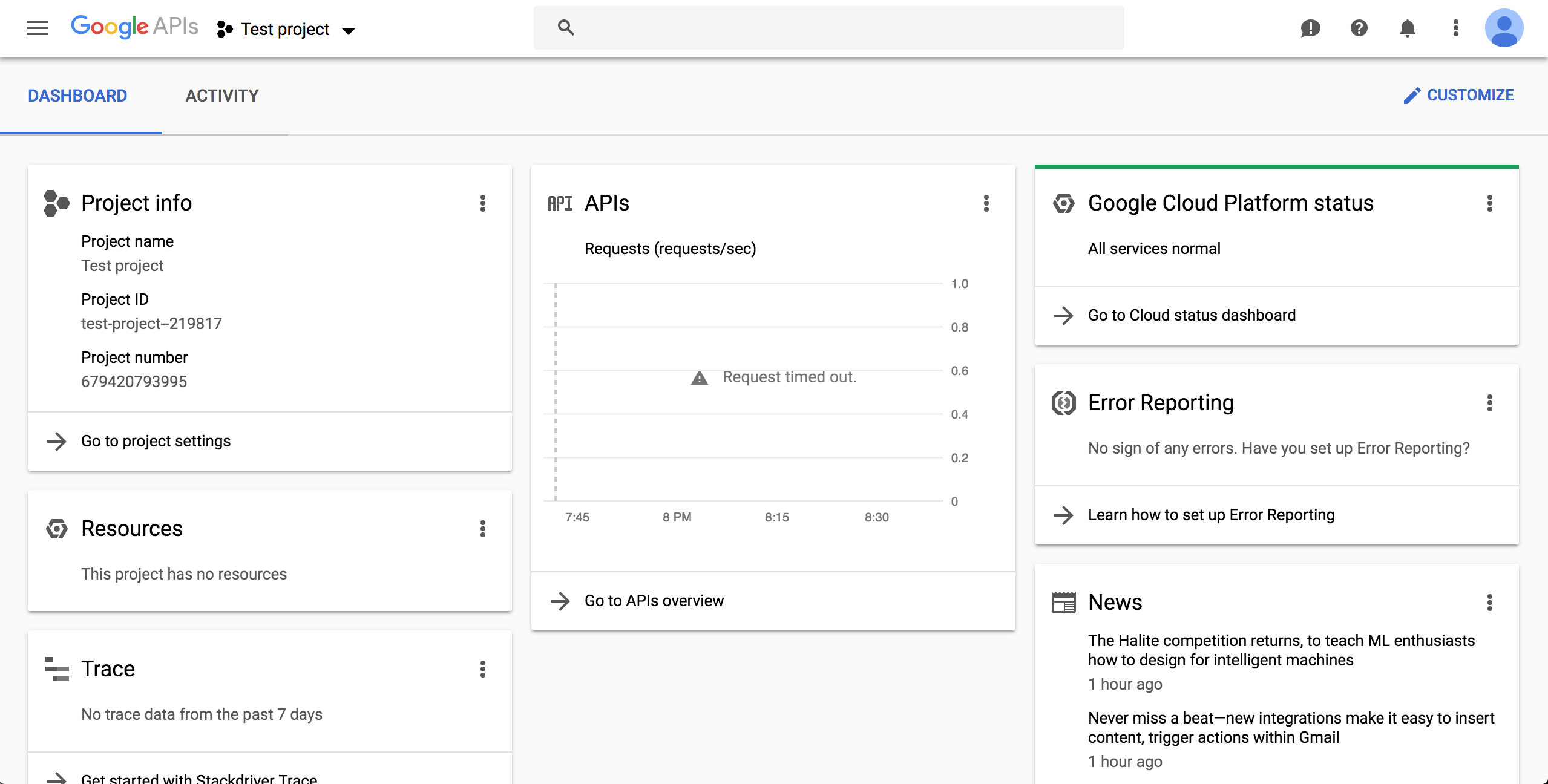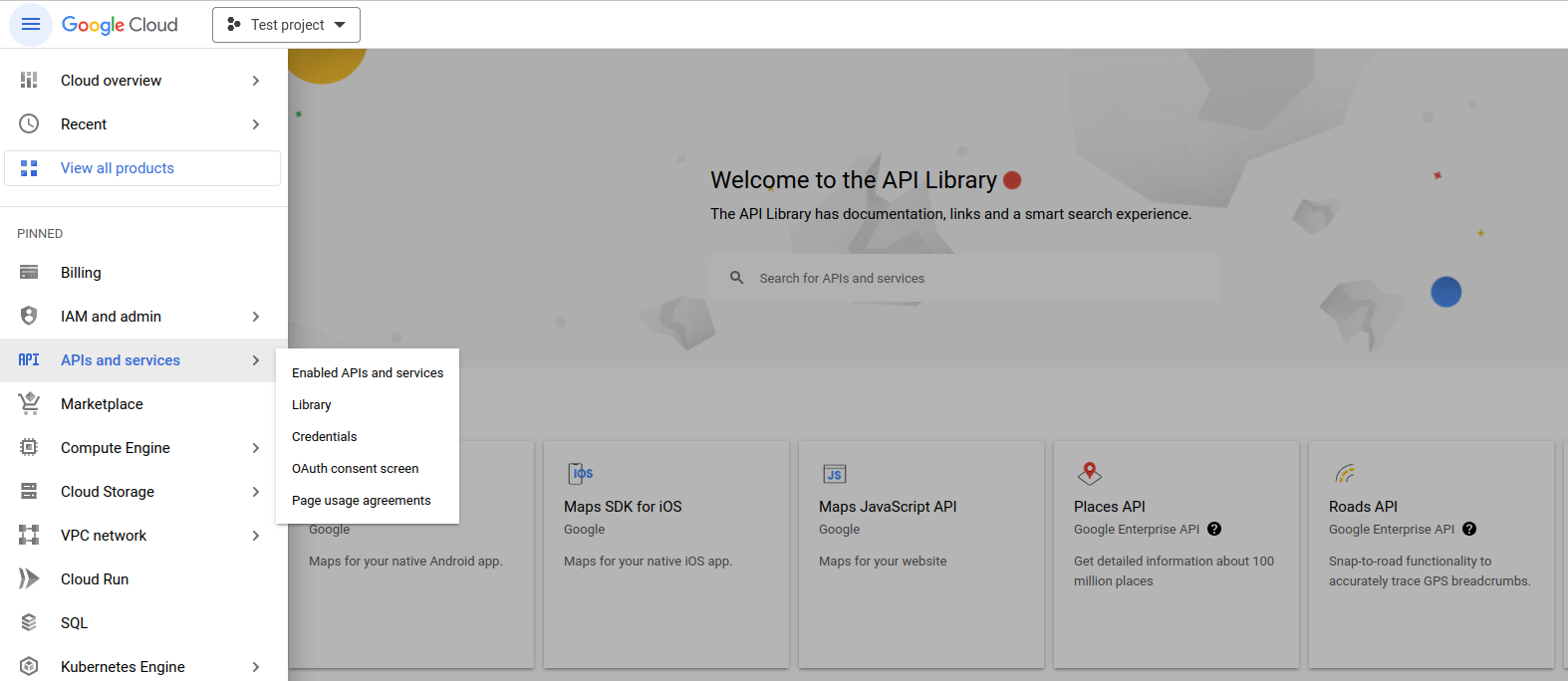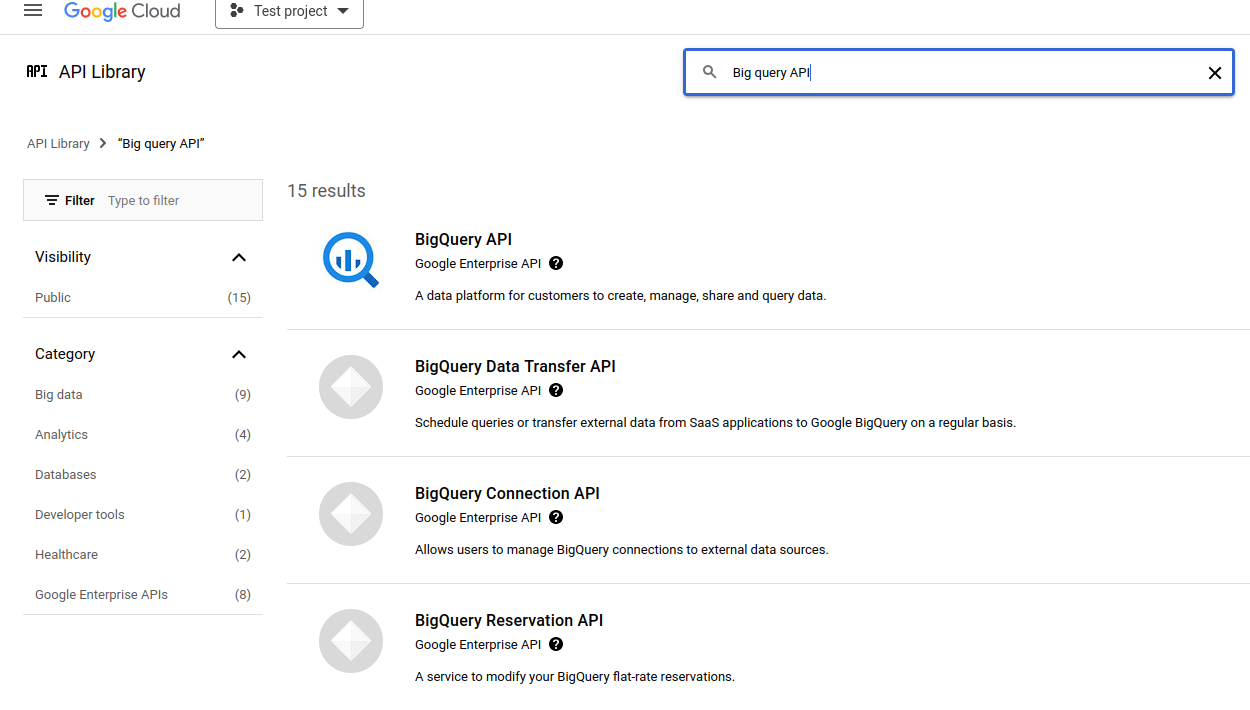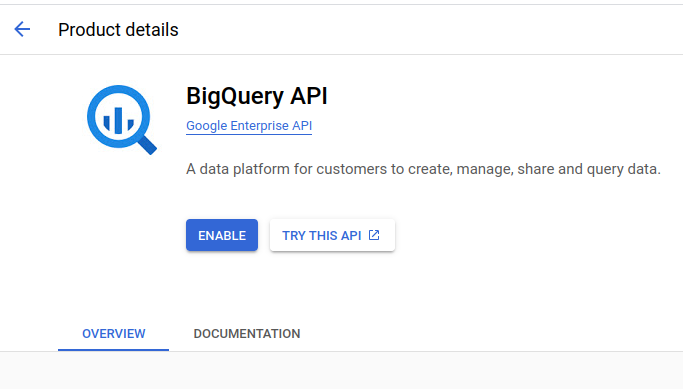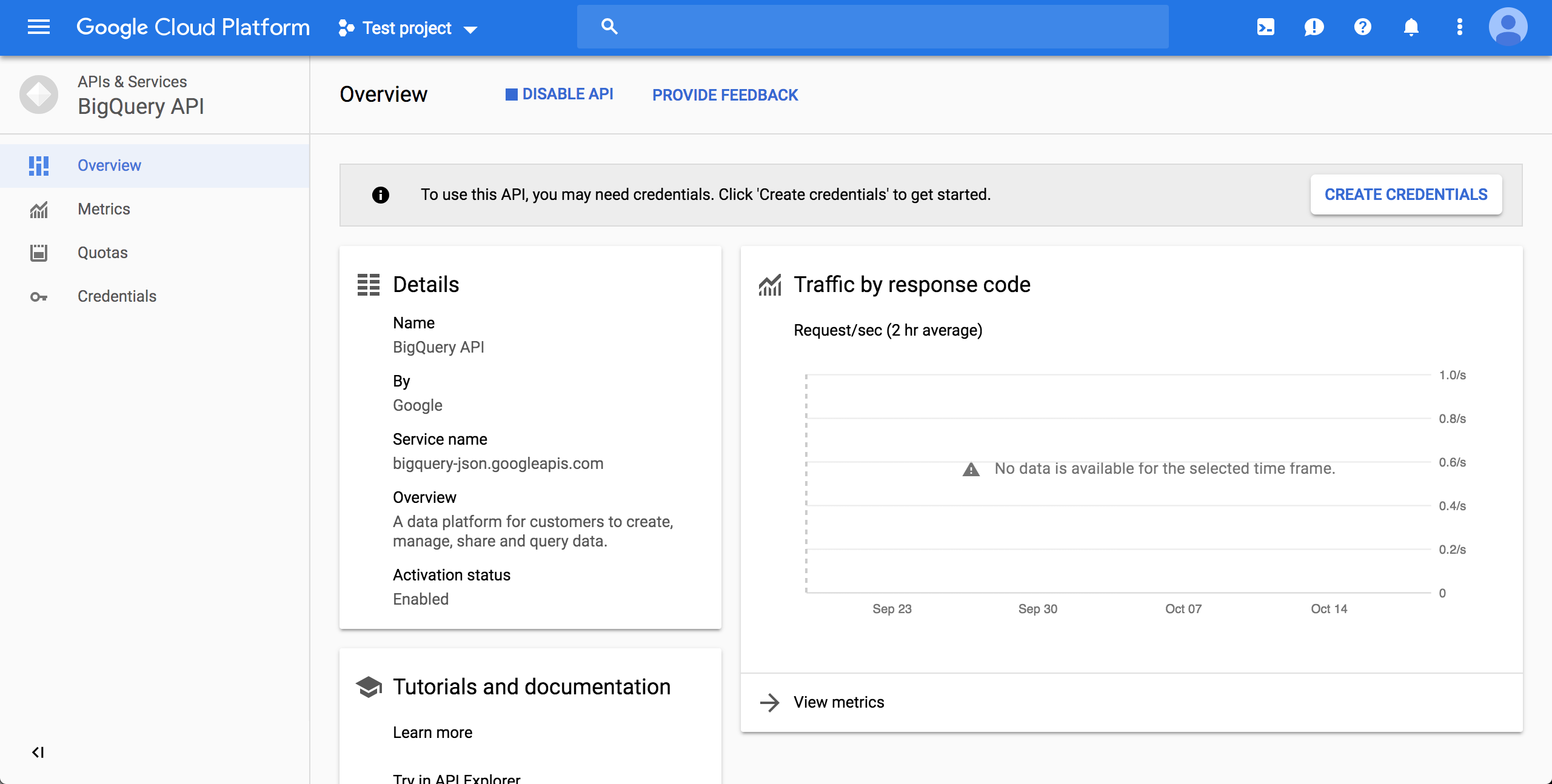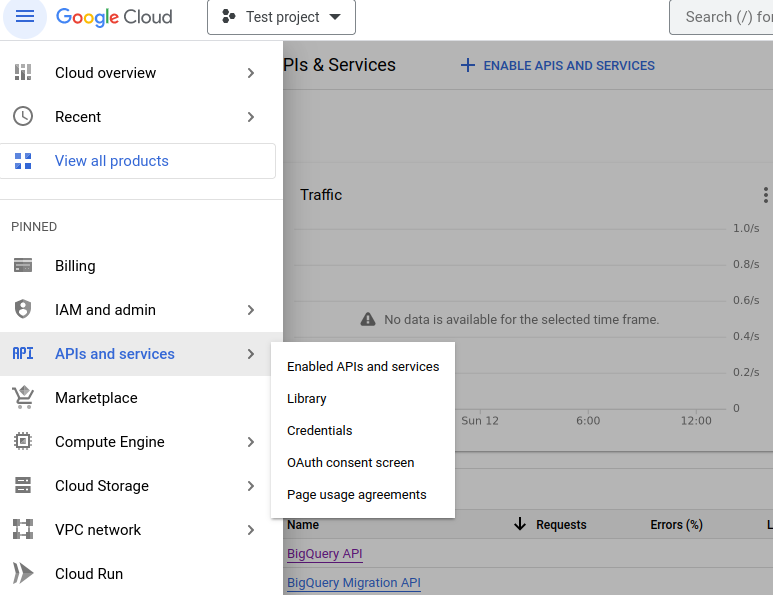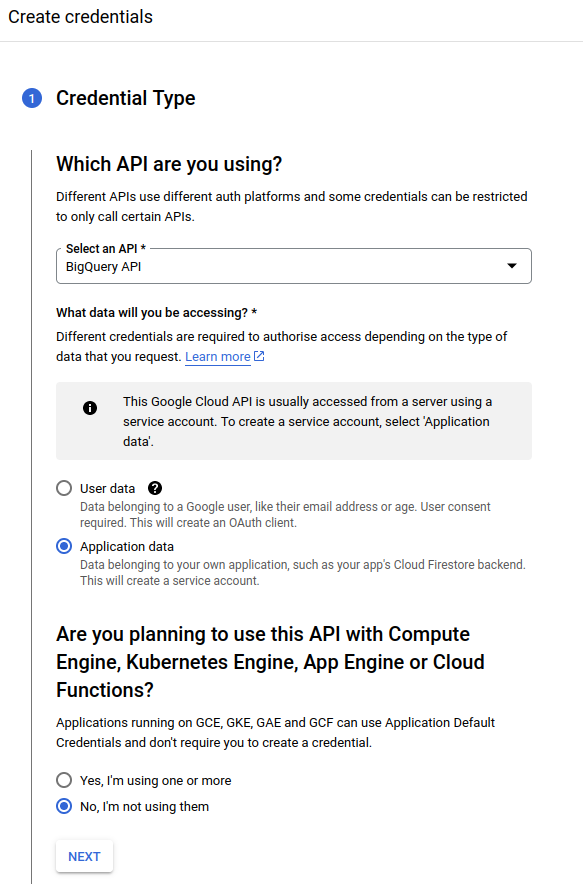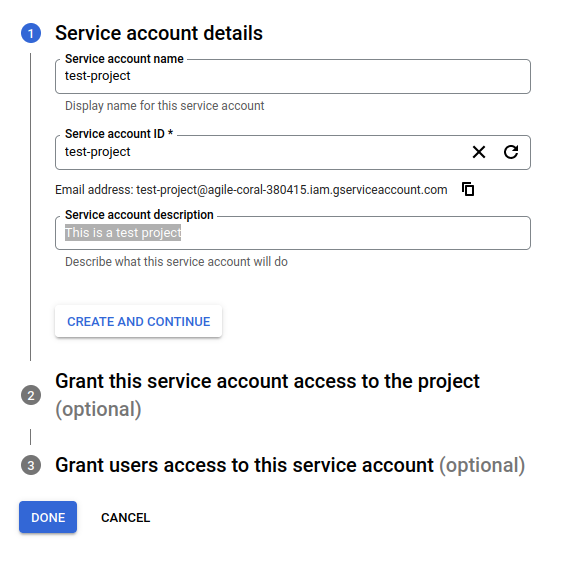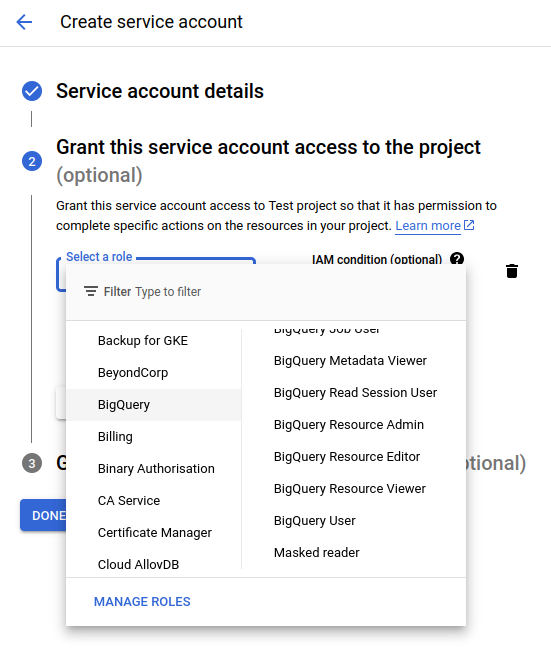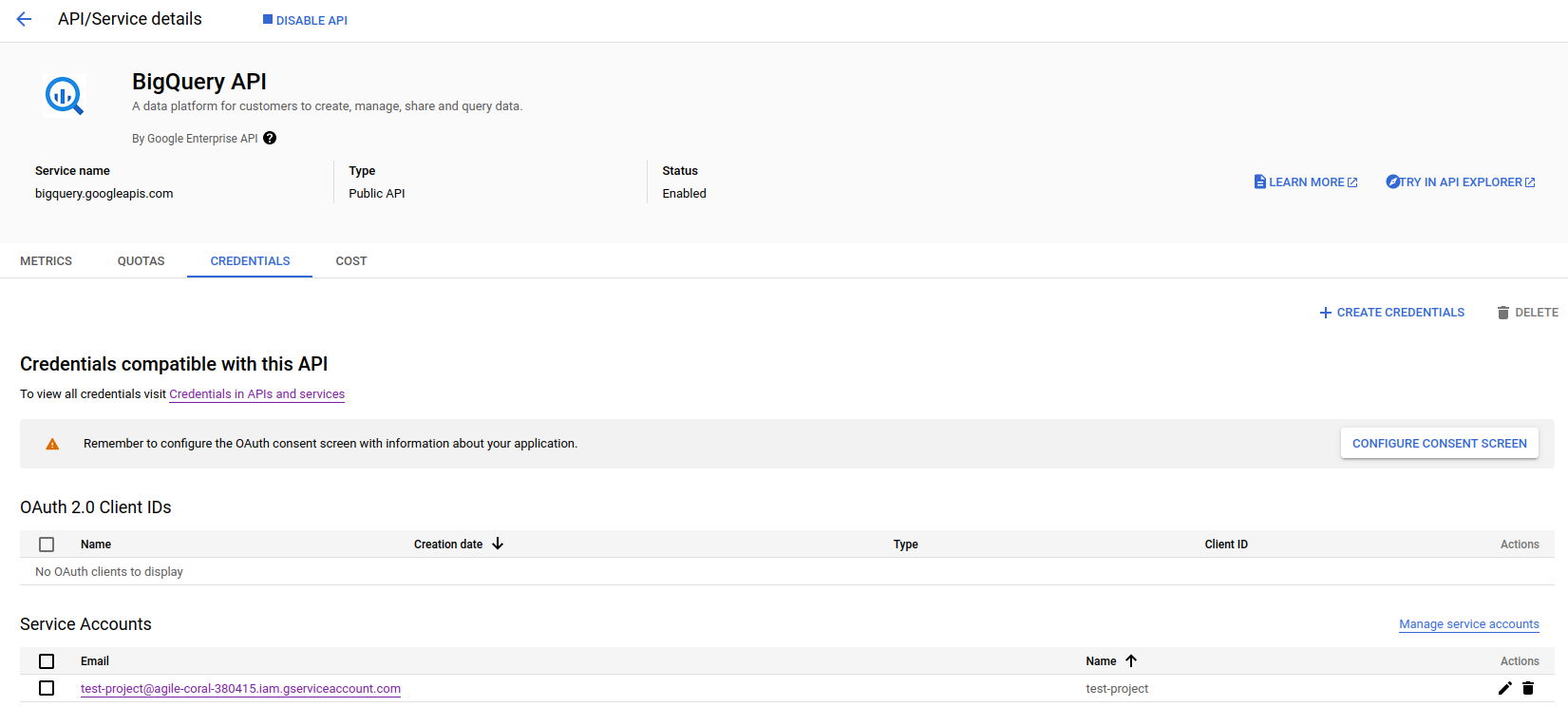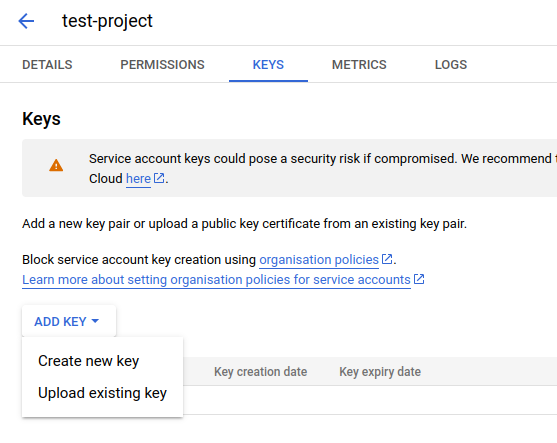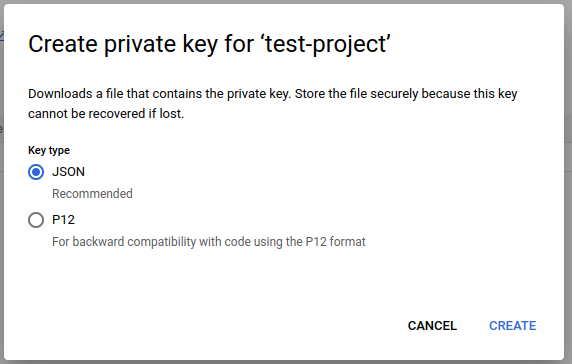pypinfo is a simple CLI to access PyPI download statistics via Google's BigQuery.
Click to unfold usage
$ pypinfo
Usage: pypinfo [OPTIONS] [PROJECT] [FIELDS]... COMMAND [ARGS]...
Valid fields are:
project | version | file | pyversion | percent3 | percent2 | impl | impl-version |
openssl | date | month | year | country | installer | installer-version |
setuptools-version | system | system-release | distro | distro-version | cpu |
libc | libc-version
Options:
-a, --auth TEXT Path to Google credentials JSON file.
--run / --test --test simply prints the query.
-j, --json Print data as JSON, with keys `rows` and `query`.
-i, --indent INTEGER JSON indentation level.
-t, --timeout INTEGER Milliseconds. Default: 120000 (2 minutes)
-l, --limit TEXT Maximum number of query results. Default: 10
-d, --days TEXT Number of days in the past to include. Default: 30
-sd, --start-date TEXT Must be negative or YYYY-MM[-DD]. Default: -31
-ed, --end-date TEXT Must be negative or YYYY-MM[-DD]. Default: -1
-m, --month TEXT Shortcut for -sd & -ed for a single YYYY-MM month.
-w, --where TEXT WHERE conditional. Default: file.project = "project"
-o, --order TEXT Field to order by. Default: download_count
--all Show downloads by all installers, not only pip.
-pc, --percent Print percentages.
-md, --markdown Output as Markdown.
-v, --verbose Print debug messages to stderr.
--version Show the version and exit.
-h, --help Show this message and exit.pypinfo accepts 0 or more options, followed by exactly 1 project, followed by 0 or more fields. By default only the last 30 days are queried. Let's take a look at some examples!
Tip: If queries are resulting in NoneType errors, increase timeout.
$ pypinfo requests
Served from cache: False
Data processed: 2.83 GiB
Data billed: 2.83 GiB
Estimated cost: $0.02
| download_count |
| -------------- |
| 116,353,535 |$ pypinfo ""
Served from cache: False
Data processed: 116.15 GiB
Data billed: 116.15 GiB
Estimated cost: $0.57
| download_count |
| -------------- |
| 8,642,447,168 |$ pypinfo django pyversion
Served from cache: False
Data processed: 967.33 MiB
Data billed: 968.00 MiB
Estimated cost: $0.01
| python_version | download_count |
| -------------- | -------------- |
| 3.8 | 1,735,967 |
| 3.6 | 1,654,871 |
| 3.7 | 1,326,423 |
| 2.7 | 876,621 |
| 3.9 | 524,570 |
| 3.5 | 258,609 |
| 3.4 | 12,769 |
| 3.10 | 3,050 |
| 3.3 | 225 |
| 2.6 | 158 |
| Total | 6,393,263 |$ pypinfo "" country
Served from cache: False
Data processed: 150.40 GiB
Data billed: 150.40 GiB
Estimated cost: $0.74
| country | download_count |
| ------- | -------------- |
| US | 6,614,473,568 |
| IE | 336,037,059 |
| IN | 192,914,402 |
| DE | 186,968,946 |
| NL | 182,691,755 |
| None | 141,753,357 |
| BE | 111,234,463 |
| GB | 109,539,219 |
| SG | 106,375,274 |
| FR | 86,036,896 |
| Total | 8,068,024,939 |$ pypinfo cryptography system distro
Served from cache: False
Data processed: 2.52 GiB
Data billed: 2.52 GiB
Estimated cost: $0.02
| system_name | distro_name | download_count |
| ----------- | ------------------------------- | -------------- |
| Linux | Ubuntu | 19,524,538 |
| Linux | Debian GNU/Linux | 11,662,104 |
| Linux | Alpine Linux | 3,105,553 |
| Linux | Amazon Linux AMI | 2,427,975 |
| Linux | Amazon Linux | 2,374,869 |
| Linux | CentOS Linux | 1,955,181 |
| Windows | None | 1,522,069 |
| Linux | CentOS | 568,370 |
| Darwin | macOS | 489,859 |
| Linux | Red Hat Enterprise Linux Server | 296,858 |
| Total | | 43,927,376 |$ pypinfo --days 365 "" project
Served from cache: False
Data processed: 1.69 TiB
Data billed: 1.69 TiB
Estimated cost: $8.45
| project | download_count |
| --------------- | -------------- |
| urllib3 | 1,382,528,406 |
| six | 1,172,798,441 |
| botocore | 1,053,169,690 |
| requests | 995,387,353 |
| setuptools | 992,794,567 |
| certifi | 948,518,394 |
| python-dateutil | 934,709,454 |
| idna | 929,781,443 |
| s3transfer | 877,565,186 |
| chardet | 854,744,674 |
| Total | 10,141,997,608 |$ pypinfo --start-date 2018-04-01 --end-date 2018-04-30 setuptools
Served from cache: False
Data processed: 571.37 MiB
Data billed: 572.00 MiB
Estimated cost: $0.01
| download_count |
| -------------- |
| 8,972,826 |- A yyyy-mm
--start-datedefaults to the first day of the month - A yyyy-mm
--end-datedefaults to the last day of the month
$ pypinfo --start-date 2018-04 --end-date 2018-04 setuptools
Served from cache: False
Data processed: 571.37 MiB
Data billed: 572.00 MiB
Estimated cost: $0.01
| download_count |
| -------------- |
| 8,972,826 |$ pypinfo --month 2018-04 setuptools
Served from cache: False
Data processed: 571.37 MiB
Data billed: 572.00 MiB
Estimated cost: $0.01
| download_count |
| -------------- |
| 8,972,826 |Let's use --test to only see the query instead of sending it.
$ pypinfo --test --days 365 --limit 100 "" project percent3
SELECT
file.project as project,
ROUND(100 * SUM(CASE WHEN REGEXP_EXTRACT(details.python, r"^([^\.]+)") = "3" THEN 1 ELSE 0 END) / COUNT(*), 1) as percent_3,
COUNT(*) as download_count,
FROM `bigquery-public-data.pypi.file_downloads`
WHERE timestamp BETWEEN TIMESTAMP_ADD(CURRENT_TIMESTAMP(), INTERVAL -366 DAY) AND TIMESTAMP_ADD(CURRENT_TIMESTAMP(), INTERVAL -1 DAY)
AND details.installer.name = "pip"
GROUP BY
project
ORDER BY
download_count DESC
LIMIT 100pypinfo supports PEP 440 version matching.
We can use it to query stats on a given major version.
$ pypinfo -pc 'pip==21.*' pyversion version
Served from cache: False
Data processed: 34.45 MiB
Data billed: 35.00 MiB
Estimated cost: $0.01
| python_version | version | percent | download_count |
| -------------- | ------- | ------- | -------------- |
| 3.6 | 21.3.1 | 78.74% | 10,430 |
| 3.8 | 21.3.1 | 7.81% | 1,034 |
| 3.7 | 21.2.1 | 3.59% | 476 |
| 3.7 | 21.3.1 | 2.60% | 345 |
| 3.7 | 21.0.1 | 2.25% | 298 |
| 3.8 | 21.0.1 | 1.58% | 209 |
| 3.8 | 21.2.1 | 1.42% | 188 |
| 3.7 | 21.1.2 | 0.81% | 107 |
| 3.9 | 21.3.1 | 0.69% | 92 |
| 3.8 | 21.1.1 | 0.51% | 67 |
| Total | | | 13,246 |We can also use it to query stats on an exact version:
$ pypinfo -pc 'numpy==1.23rc3' pyversion version
Served from cache: False
Data processed: 34.01 MiB
Data billed: 35.00 MiB
Estimated cost: $0.01
| python_version | version | percent | download_count |
| -------------- | --------- | ------- | -------------- |
| 3.9 | 1.23.0rc3 | 63.33% | 38 |
| 3.8 | 1.23.0rc3 | 28.33% | 17 |
| 3.10 | 1.23.0rc3 | 8.33% | 5 |
| Total | | | 60 |Click to unfold installation
pypinfo is distributed on PyPI as a universal wheel and is available on Linux/macOS and Windows and supports Python 3.7+.
This is relatively painless, I swear.
-
Sign up if you haven't already. The first TB of queried data each month is free. Each additional TB is $5.
-
Sign in on your account if you are not already;
-
Go to https://console.developers.google.com/cloud-resource-manager and click CREATE PROJECT if you don't already have one:
- This takes you to https://console.developers.google.com/projectcreate. Fill out the form and click CREATE. Any name is fine, but I recommend you choose something to do with PyPI like pypinfo. This way you know what the project is designated for:
- A while after creation, at the left-top corner, select the project name of your choice on dropdown component AND at the left-top corner "Navigation Menu", select option "Cloud Overview > Dashboard":
- Click on top-left button "Navigation Menu" and click on option "API and services > Library":
- Perform a search with keywords "big query api" on available text field:
- Enable Big Query API by button "Enable" press:
- After enabling, click CREATE CREDENTIALS:
Note: You will be requested to go back to Big Query panel. In this case, click on top-left button "Navigation Menu", option "API and services > Enabled APIs and services" and on consequent page, on item "Big Query API":
- On the page after clicking the "CREATE CREDENTIALS" button, choose "BigQuery API", "Application Data" and "No, I'm not using them":
- Fill account details and press button "Create and Continue":
- Select role "BigQuery User" (option path "BigQuery > Big Query User"), press button "Done":
- On Big Query API panel (See Note on item 10), click on tab "CREDENTIALS". On section "Service accounts", click on created credentials on items 11, 12 and 13.
- On page from credential click, click on tab "KEYS". On dropdown menu "ADD KEY", click on option "Create new key":
- On appearing box, click on option "JSON" and press button "CREATE": This will start the download of credentials on a JSON file with name pattern
{name}-{credentials_hash}.json:
- Run
python -m pip install pypinfoin the terminal. pypinfo --auth path/to/your_credentials.json, or set an environment variableGOOGLE_APPLICATION_CREDENTIALSthat points to the file.
- Donald Stufft for maintaining PyPI all these years;
- Google for donating BigQuery capacity to PyPI;
- Paul Kehrer for his awesome blog post.





